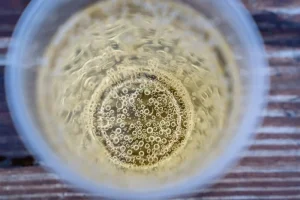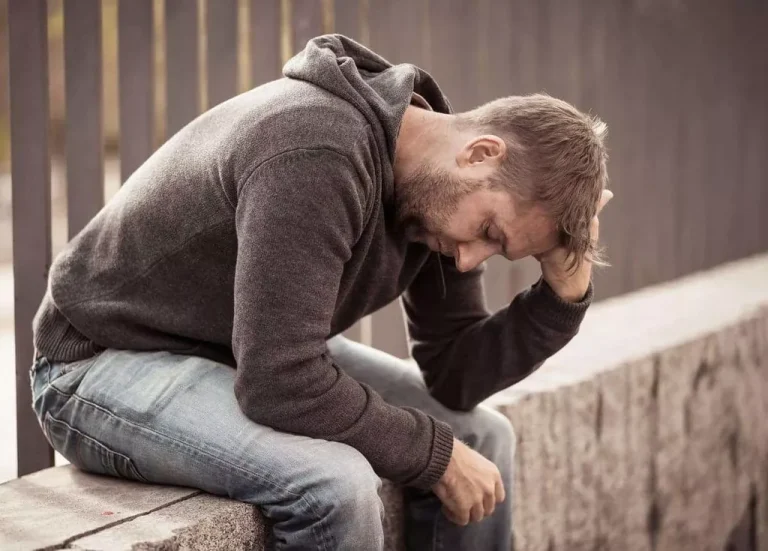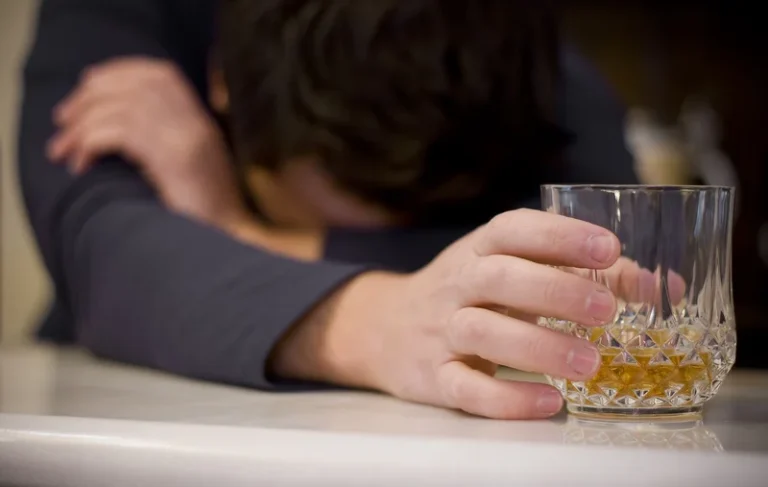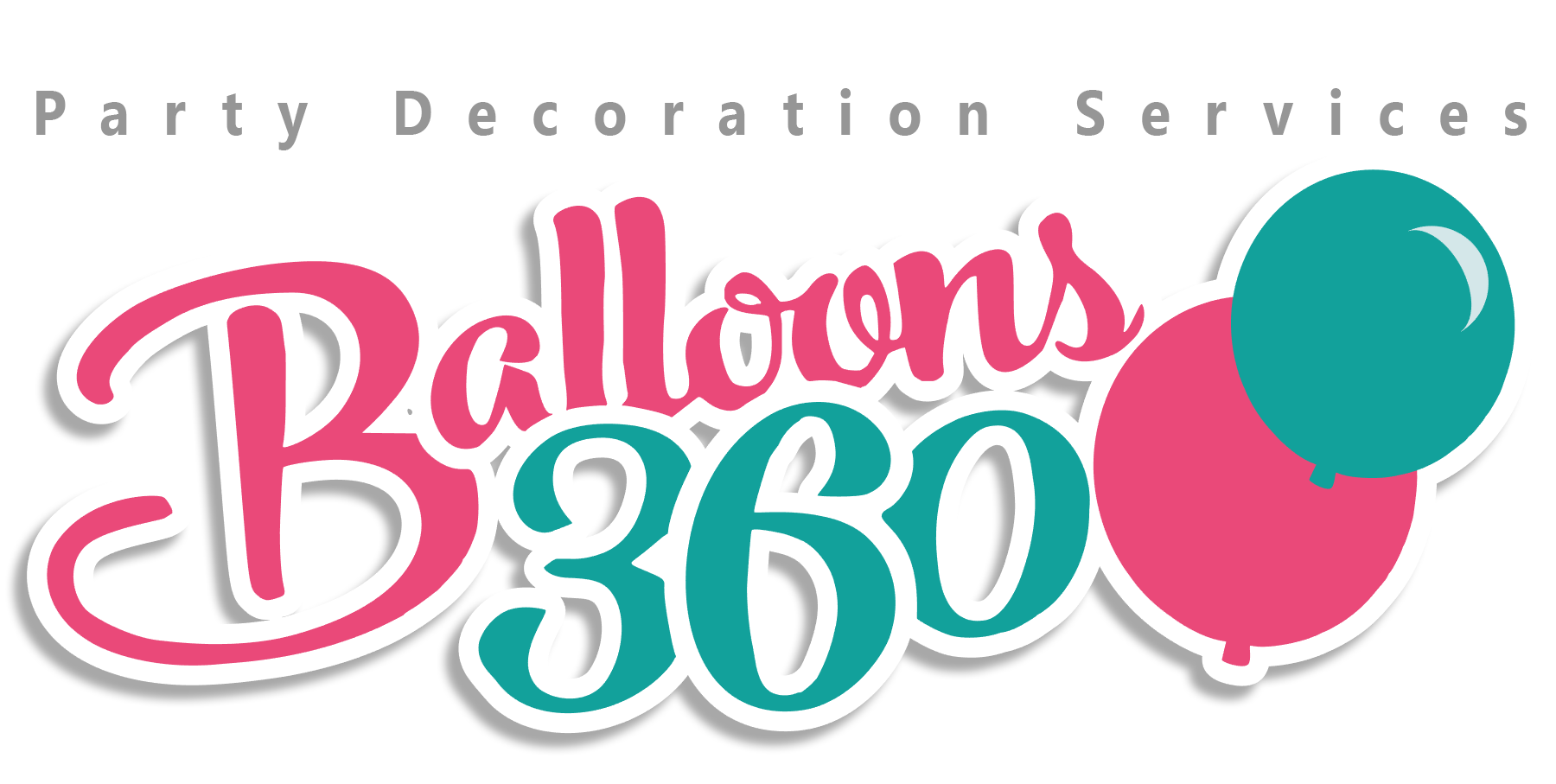
Lowered inhibitions can lead to poor choices with lasting repercussions — like the end of a relationship, an accident or legal woes. Each of those consequences can cause turmoil that can negatively affect your long-term emotional health. With continued alcohol use, steatotic liver disease can lead to liver fibrosis.
Your Heart Gets Healthier
- Your healthcare team will help treat each symptom as soon as it develops and equip you for success.
- If you’re ready to stop, arming yourself with strategies and tips can help you or a loved one take small steps towards big results.
- So, giving up alcohol may help you to improve your relationships with friends and family.
Read on to discover the little-known effects of what happens to your body when you drink alcohol every day. And for more, don’t miss 6 Incredible Effects Of Giving Up Alcohol for One Month. A comprehensive 2023 review article published in JAMA, which analyzed results from 107 cohort studies, found that consuming moderate amounts of alcohol does not, in fact, protect against mortality. Furthermore, the CDC states that daily consumption of as little as one drink a day for women and two drinks a day for men can increase the risk of developing cancer. For many of us, the allure of a glass of wine with dinner after a long day or a pint of beer at happy hour has been rationalized by alcohol’s—wine, specifically—purported health benefits. Some people experience a severe form of alcohol withdrawal known as DTs.
- Share your plans with your family and friends so they can support you throughout the journey.
- You can still pursue therapy and support groups as you go through withdrawal.
- If you struggle to sleep, talk to your doctor about solutions that might help.
- If you’re living with alcohol use disorder, treatment at a medical rehabilitation facility is your best option.
Your Sex Life Might Improve
It’s vital you speak with your treatment team before you stop drinking so that potentially dangerous symptoms can be avoided. If symptoms start to develop, seek medical assistance immediately. Laying it all out in black and white can take time and some serious self-examination. Understanding your habits and your motivations to quit drinking can help you understand the change you’re making in your life and reinforce why it’s important. Whatever your reason to quit drinking, know that you’re doing yourself a favor.
How does my mental health improve when I stop drinking alcohol?

Depending on how it’s measured, alcohol can stay in your system for 6-72 hours in most cases. For example, a blood or saliva test can detect alcohol in the blood for up to 12 hours. A urine test can detect alcohol for hours and even more than 72 hours after excessive alcohol drinking. Trouble sleeping is common after what happens when you stop drinking you stop drinking, especially early in recovery. But the longer you abstain from alcohol and work on your sleep hygiene, the more improvements in your sleep you’ll see over time. “These improvements can be observed not only in people who abstain from alcohol but in people who reduce heavy drinking,” Volpicelli says.
What Causes Alcohol Withdrawal Symptoms?

It’s possible to develop a better relationship with alcohol and make more mindful, informed choices about drinking without total sobriety. All the same, “a quick drink” often turns into three or four drinks. When you’re having a good time, you find it hard to stop, especially in the company of friends having the same amount. Start by talking to your doctor about how much alcohol you’ve been using and your plan to quit. It’s important that you work with your doctor when you’re ready to stop drinking rather than trying to do it alone. “Quitting drinking can improve a person’s sleep, but there may still be a significant number of people who continue to have sleep problems even with continuous abstinence,” Volpicelli says.
If you’re a heavy drinker, your body may rebel at first if you cut off all alcohol. You could break out in cold sweats or have a racing pulse, nausea, vomiting, shaky hands, and intense anxiety. Some people even have seizures or see things that aren’t there (hallucinations). Your doctor or substance abuse therapist can offer guidance and may prescribe medication like benzodiazepines or carbamazepine to help you get through it.
- Think of it as giving your liver a little boost in the right direction.
- Family and friends can provide encouragement and support when you stop drinking.
- Even just one bout of drinking too much may weaken your body’s germ-fighting power for up to 24 hours.
- Plus, they can link you to support services and track your progress through follow-up visits.
- It can mean more time for your other interests, and even new interests.
Get help right away if you or a loved one has an alcohol-related seizure. People with alcohol use disorder who quit drinking often have trouble sleeping. Cognitive behavioral therapy for insomnia (CBTi), medication, or a referral to a behavioral sleep specialist can help.
- Whether you’re challenging yourself to a no-drink stint (hello, Dry January) or considering cutting back on alcohol in general, your body can experience some real changes when you stop drinking.
- “There’s a high correlation between alcohol use disorder and other mental disorders, including depression and anxiety,” Dr. McGrath explains.
- People who drink heavily over a long period of time are also more likely to develop pneumonia or tuberculosis than the general population.
- This can help you avoid much of the unpleasantness that can occur as withdrawal symptoms develop.
- You might not have any issues after your short-term withdrawal goes away.
Causes of Alcohol Withdrawal
The first step to address concerns about alcohol use is to consult a healthcare provider. They can assess your overall health and drinking patterns and help create a treatment plan. Your provider can also assess to see if there’s a need for medication to help reduce or stop drinking. Plus, they can link you to support services and track your progress through follow-up visits.

With a strategic plan to navigate challenges plus a support system, achieving sobriety is not only within reach but transformative. Taking charge of your well-being, each step toward a sober existence becomes a stride toward a healthier, happier, and more resilient version of yourself. Some prefer quitting altogether while others reduce alcohol intake gradually. Here’s a general breakdown of what can happen when you stop drinking for a month.
